Catholic

It has been awhile
Reflecting upon nearly two months without posting, observing myself, reassessing my faith—the matter of stepping away concurrently passing with a return to college. I was taking 3 classes (11 credit hours), losing touch with my daily Mass, even my daily Rosary, as well as exercising and stretching routines. It was intentional. Observing myself at sixty years of age. I do think I overextended myself. Next collegiate semester, I was going to continue the pace, however I decided to drop a Monday-Thursday Spanish class. I want to fully concentrate on a Shakespeare class with an intriguing professor. Grace Tiffany is a Shakespeare scholar and author of historical novels dealing with the time of Shakespeare and Globe Theater. Currently, I am reading Ms. Tiffany’s ‘Gunpowder Percy’—a story centering upon the Gunpowder Plot of 1605. Unexpectedly, I discovered a story I am convinced is written by an author fully steeped in Catholicism. I am fascinated. I will also be taking an online course dealing with the effects of substance abuse upon society and individuals. I will be able to return to daily Mass, my Rosary, and exercise. The first semester was a success with the realization the educational process of becoming a teacher must not be rushed. Fine tuning and proper development are essential. I thought I might touch upon deeper subjects, namely Catholicism and world views yet I find myself hesitant. I would rather say little. I am subscribing to America: The Jesuit Review. Several years in the not-so-distant past that would have been an outrage. I am still reading the Remnant Newspaper while drawing away from harsh opinions. I felt God was doing something with me when the Shakespeare class was presented to me. The presenter was my academic advisor. A young man with rainbow flags, Hillary Clinton, and Ruth Ginsberg adorning his walls. The young man is a blessing in my life. Changes are happening. I will embrace them.
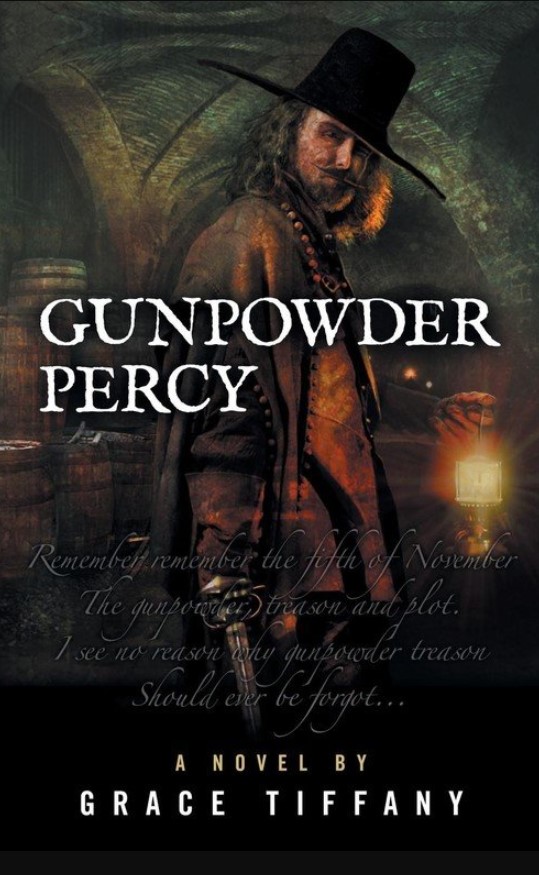

628
They called me to the Window, for
“Twas Sunset”–Some one said–
I only saw a Sapphire Farm–
And just a Single Herd–
Of Opal Cattle–feeding far
Upon so vain a Hill–
As even while I looked–dissolved–
Nor Cattle were–nor Soil–
But in their stead–a Sea–displayed–
And Ships–of such a size
As Crew of Mountains–could afford–
And Decks–to seat the skies–
This–too–the Showman rubbed away–
And when I looked again–
Nor Farm–nor Opal Herd–was there–
Nor Mediterranean–
Emily Dickinson
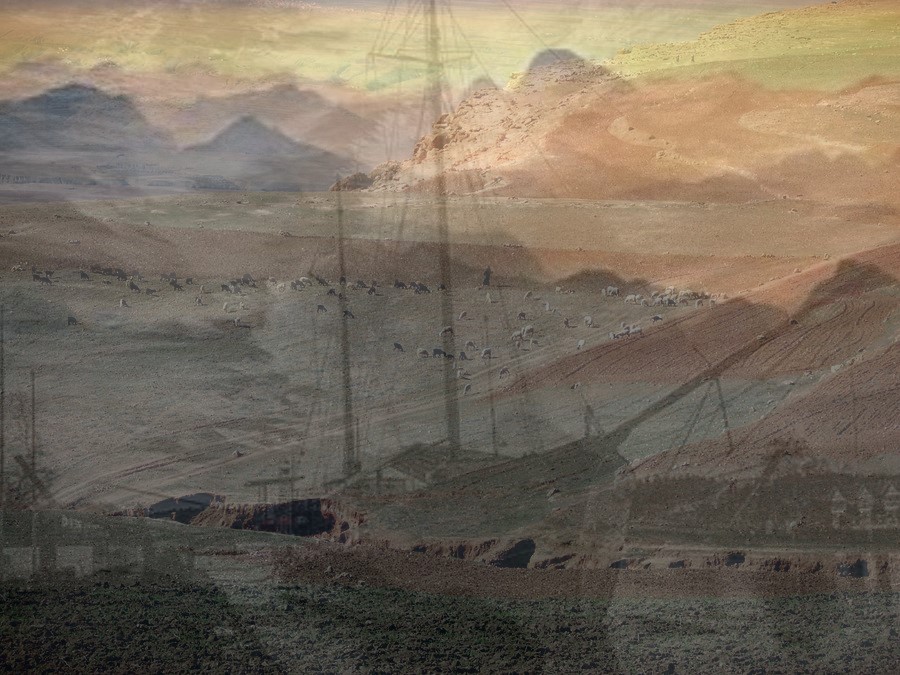

Keep on working
The value of work with respect to prayer depends very much on the attitude we bring to it. Work is a human reality willed by God, and has intrinsic value, if we accomplish it with all good will. Apart from the intention with which we do it, it has been explicitly willed for us by the Lord: ‘The Lord God took man and set him in the garden of Eden to till it and keep it’ (Genesis 2:15). We have to acknowledge, however, that in certain cases the work, if it is done conscientiously, is not compatible with prayer, or that the actual dispositions of the monk make it impossible for his work to be effectively a prayer. Prayer and work will then be juxtaposed, and not directly related.
We can be faced with several possibilities:
–work is an aid to prayer,
–work seems to be neutral in regards to prayer,
–work is actually an obstacle to prayer.
‘The Wound of Love’ A. Carthusian
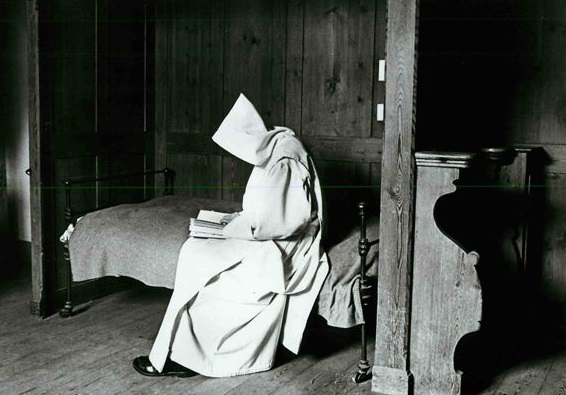

Because I could not stop for Death
Emily Dickinson
I could not stop for Death –
He kindly stopped for me –
The Carriage held but just Ourselves –
And Immortality.
We slowly drove – He knew no haste
And I had put away
My labor and my leisure too,
For His Civility –
We passed the School, where Children strove
At Recess – in the Ring –
We passed the Fields of Gazing Grain –
We passed the Setting Sun –
Or rather – He passed Us –
The Dews drew quivering and Chill –
For only Gossamer, my Gown –
My Tippet – only Tulle –
We paused before a House that seemed
A Swelling of the Ground –
The Roof was scarcely visible –
The Cornice – in the Ground –
Since then – ’tis Centuries – and yet
Feels shorter than the Day
I first surmised the Horses’ Heads
Were toward Eternity –
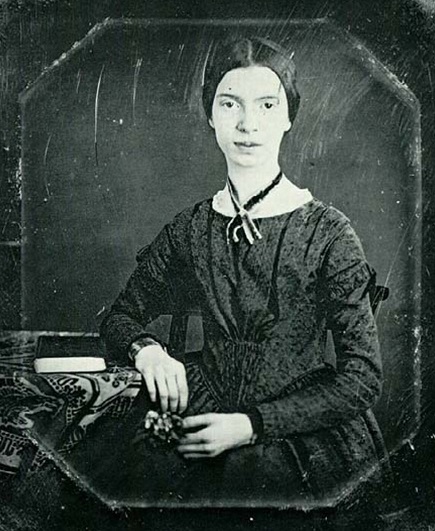

Priest, poet, and rich family background
Gerard Manley Hopkins is considered to be one of the greatest poets of the Victorian era. However, because his style was so radically different from that of his contemporaries, his best poems were not accepted for publication during his lifetime, and his achievement was not fully recognized until after World War I. Hopkins’s family encouraged his artistic talents when he was a youth in Essex, England. However, Hopkins became estranged from his Protestant family when he converted to Roman Catholicism. Upon deciding to become a priest, he burned all of his poems and did not write again for many years. His work was not published until 30 years after his death when his friend Robert Bridges edited the volume Poems. Quote from Poetry Foundation. A Gerald Manly Hopkins poem.
Nondum (Latin: Not Yet)
God, though to Thee our psalm we raise
No answering voice comes from the skies;
To Thee the trembling sinner prays
But no forgiving voice replies;
Our prayer seems lost in desert ways,
Our hymn in the vast silence dies.
We see the glories of the earth
But not the hand that wrought them all:
Night to a myriad worlds gives birth,
Yet like a lighted empty hall
Where stands no host at door or hearth
Vacant creation’s lamps appall.
We guess; we clothe Thee, unseen King,
With attributes we deem are meet;
Each in his own imagining
Sets up a shadow in Thy seat;
Yet know not how our gifts to bring,
Where seek Thee with unsandalled feet.
And still th’unbroken silence broods
While ages and while æons runs,
As erst upon chaotic floods
The Spirit hovered ere the sun
Had called the seasons’ changeful moods
And life’s first germs from death had won.
And still th’abysses infinite
Surround the peak from which we gaze.
Deep calls to deep, and blackest night
Giddies the soul with blinding daze
That dares to cast its searching sight
On being’s dread and vacant maze.
And Thou art silent, whilst Thy world
Contends about its many creeds
And hosts confront with flags unfurled
And zeal is flushed and pity bleeds
And truth is heard, with tears impearled,
A moaning voice among the reeds.
My hand upon my lips I lay;
The breast’s desponding sob I quell;
I move along life’ tomb-decked way
And listen to the passing bell
Summoning men from speechless day
To death’s more silent, darker spell.
Oh! till Thou givest that sense beyond,
To shew Thee that Thou art, and near,
Let patience with her chastening wand
And lead me child-like by the hand
If still in darkness not in fear.
Speak! whisper to my watching heart
One word-as when a mother speaks
Soft, when she sees her infant start,
Till dimpled joy steals o’er its cheeks.
Then, to behold Thee as Thou art,
I’ll wait till morn eternal breaks.
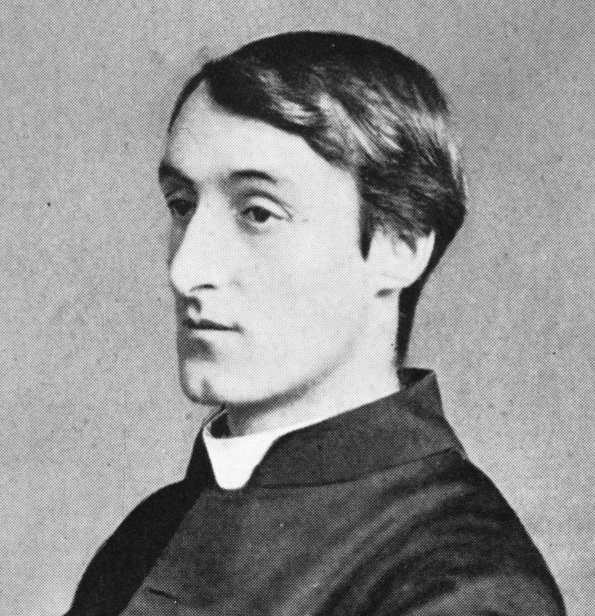

De Profundis
a poem by Christina Rossetti
Oh why is heaven built so far,
Oh why is earth set so remote?
I cannot reach the nearest star
That hangs afloat.
I would not care to reach the moon,
One round monotonous of change;
Yet even she repeats her tune
Beyond my range.
I never watch the scatter’d fire
Of stars, or sun’s far-trailing train,
But all my heart is one desire,
And all in vain:
For I am bound with fleshly bands,
Joy, beauty, lie beyond my scope;
I strain my heart, I stretch my hands,
And catch at hope.
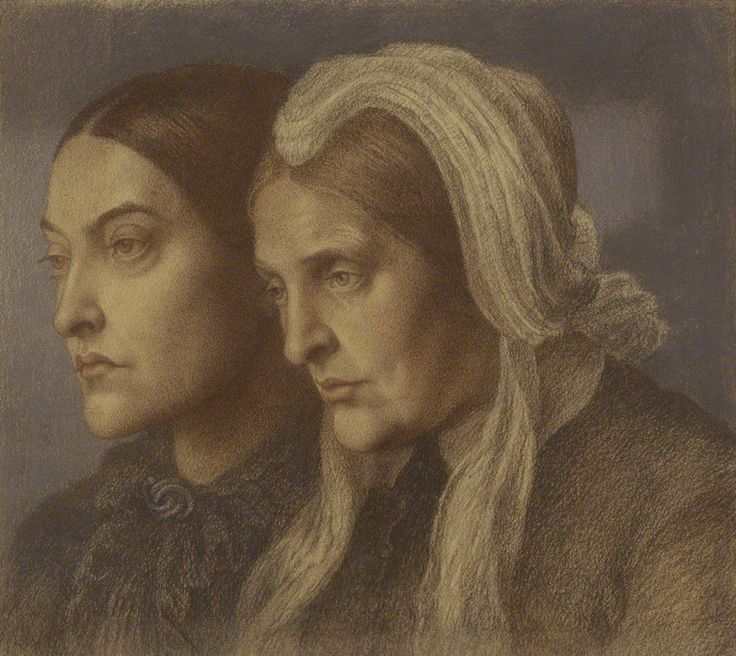


Recent Comments